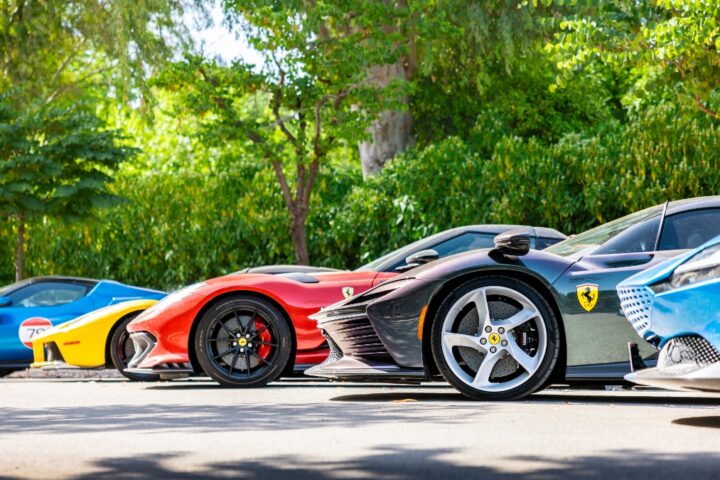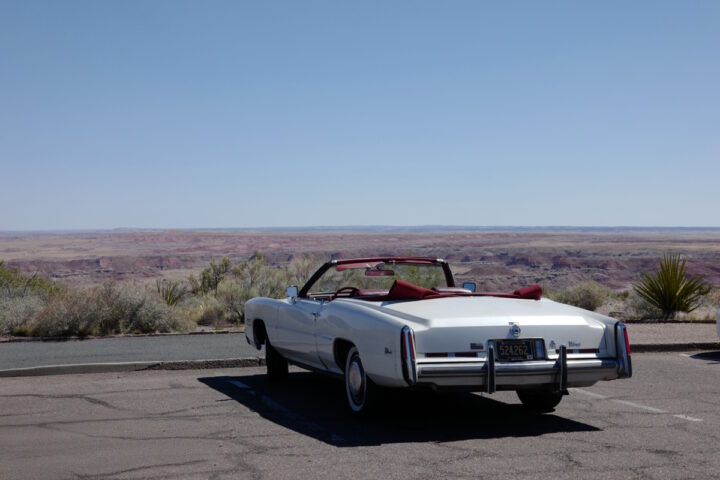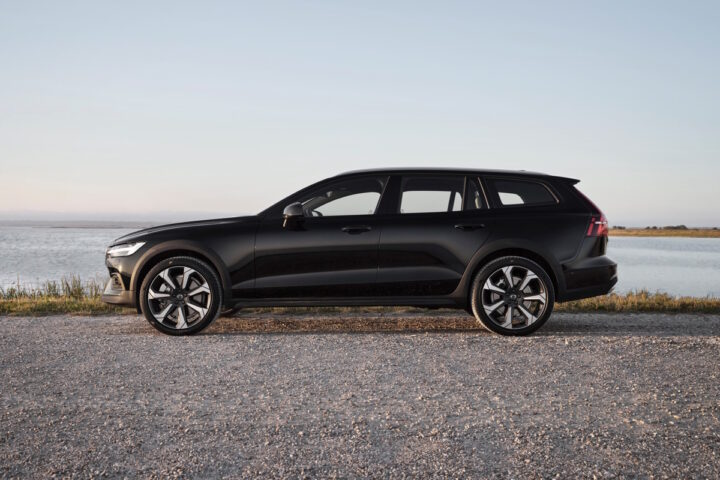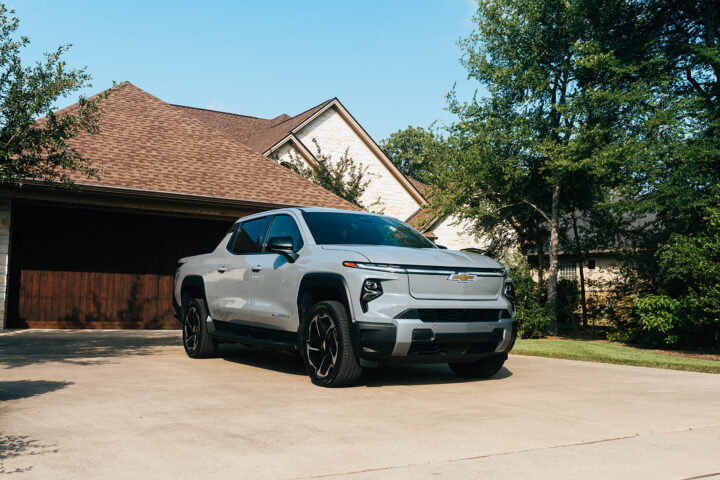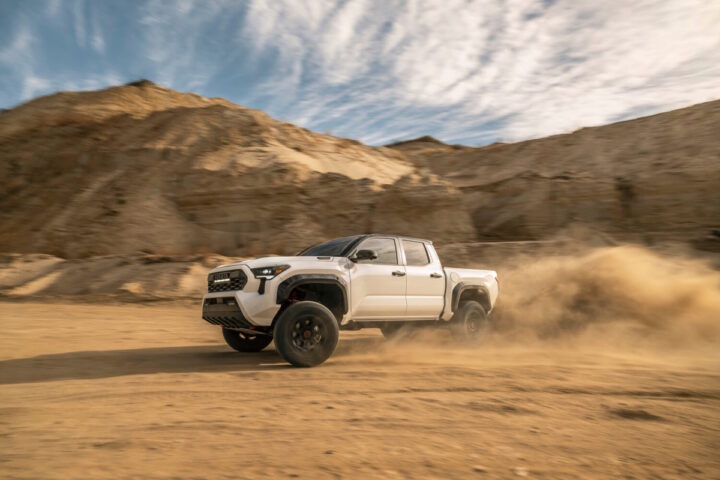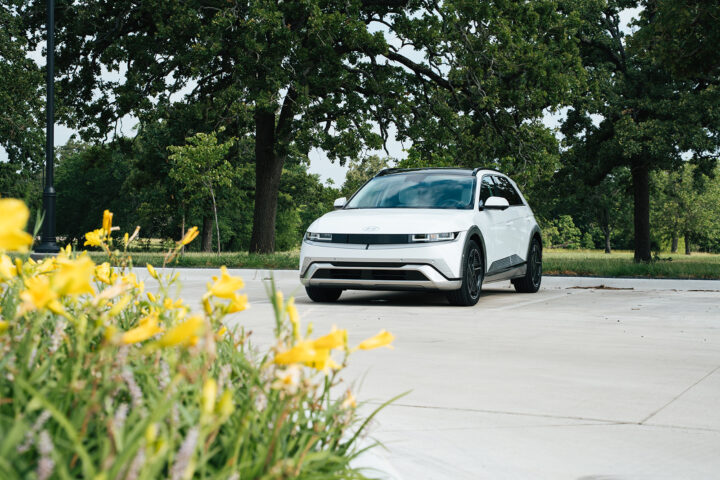In 2025, the concept of automotive prestige is shifting; during the pandemic, everyone, for some reason, decided they needed a new car; it was as if they were preparing for the Zombie Apocalypse, and the only way to do that was paying $25,000 over for a base model Chevy Tahoe. While owning the latest luxury vehicle or supercar once symbolized success, a new trend is emerging: the “new flex” is driving a well-maintained, paid-off car or buying a vehicle that allows you to have a low car payment. Everyone who overpaid during COVID has realized that a $1,500 a-month car payment for a Bronco Sport doesn’t make much sense. Automakers foolishly responded to the panic-driven market by raising prices across the board, and now, in 2024, the average cost of a Jeep Wrangler at our local dealer is $69,910… for a Jeep Wrangler. With tax and license, to buy a nicely equipped V6 Wrangler, putting down $7,375 at 72 Months would have a payment of $1,129, which, if you took it to term, you would spend over $88,000.
The financial burden of owning a new vehicle has increased significantly over the past decade. As of the second quarter of 2024, According to LendingTree, the average monthly payment for a new car reached $734, marking a 34% increase over the past ten years when adjusted for inflation. This surge is attributed to higher vehicle prices and increased interest rates. Used car payments, while lower, also saw an uptick, with an average monthly payment of $525.

Maintenance and repair expenses further increase the cost of vehicle ownership. According to AAA, the average annual cost for maintenance and repairs is approximately $1,474.50, or around two months’ average car payment. These figures underscore the substantial financial commitment required to own and maintain a vehicle, new or used.
Financial advisors emphasize the importance of prudent vehicle purchasing decisions. Dave Ramsey, a personal finance expert, notes that many Americans hinder their financial progress by purchasing new cars with substantial loans. He points out that new vehicles depreciate rapidly, losing about 60% of their value within five years. Ramsey advocates for driving reliable, paid-off vehicles and investing the money that would otherwise go toward car payments. This perspective is supported by data indicating that a significant portion of vehicle owners would struggle to cover unexpected repair costs without incurring debt. AAA reports that one-third of U.S. drivers could not afford an unexpected repair bill, highlighting the importance of budgeting for maintenance and repairs.
Couple this with the rising cost of housing and general cost of living; the appeal of owning a well-maintained, paid-off vehicle becomes evident. Eliminating a monthly car payment frees up funds allocated toward savings, investments, or other financial goals. Also, maintaining an older vehicle can be more cost-effective than purchasing a new one, especially considering depreciation and financing costs. Plus, the right car can be regarded as an investment; a well-bought G-Wagon, Classic Mustang, or Porche will maintain or increase in value, while its new equivalent will see years of deprecation.
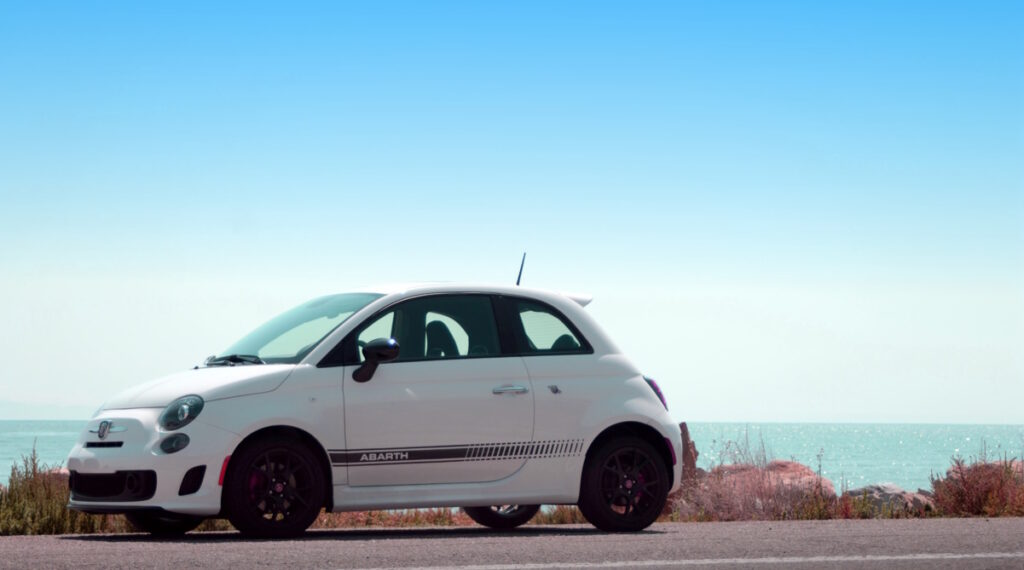
Leasing, once popular for its lower monthly payments, is also being reevaluated. While leasing can offer lower payments, it often comes with mileage restrictions and the perpetual cycle of payments without ownership. Financial experts suggest that purchasing a reliable used car and maintaining it well can be a more financially sound decision in the long term. While leasing might have specific benefits for business owners, it doesn’t make financial sense for many people.
This shift reflects a broader cultural change toward what is seen as a display of wealth. In an era where financial literacy is increasingly emphasized, the status symbol of a new luxury car is replaced by the freedom and flexibility that comes from freeing up thousands of dollars a year in car payments by driving a paid-off car. This trend is particularly prevalent among younger generations, who already see their future opportunities distorted by massive student loans, unaffordable housing, and increased cost of living. Many young people prioritize spending money on travel and experiences instead of tying up their paycheck in 6-year contracts with car payments that rival their rent.
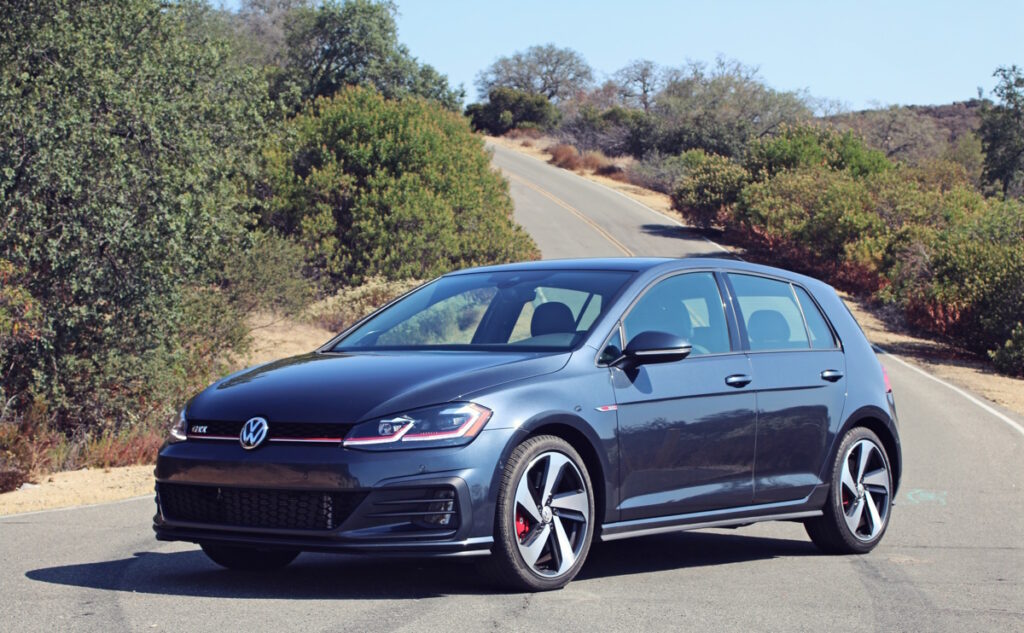
Moreover, the rise of car-sharing services makes owning multiple or new vehicles less appealing, and fewer young people choose to drive. According to the US Department of Transportation, the number of 16-year-olds who are licensed to drive has dropped nearly 27% since 2000. All of this has put a lot of pressure on the car market, and it seems that many manufacturers haven’t pivoted to providing quality, low-cost vehicles that might appeal to buyers across the board. In fact, trends show that lower-priced new cars are selling, and it isn’t just limited to buyers who can’t afford a luxury SUV, but for many they just don’t see the value in it anymore.
The “new flex” in 2025 is not about showcasing the latest automotive technology or luxury but demonstrating financial acumen through owning a well-maintained, paid-off car or managing a low car payment. This trend reflects a growing recognition of the long-term benefits of financial responsibility over short-term gratification. As vehicle costs continue to rise, this approach offers a sustainable path to financial well-being.


